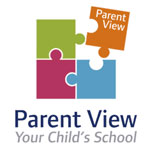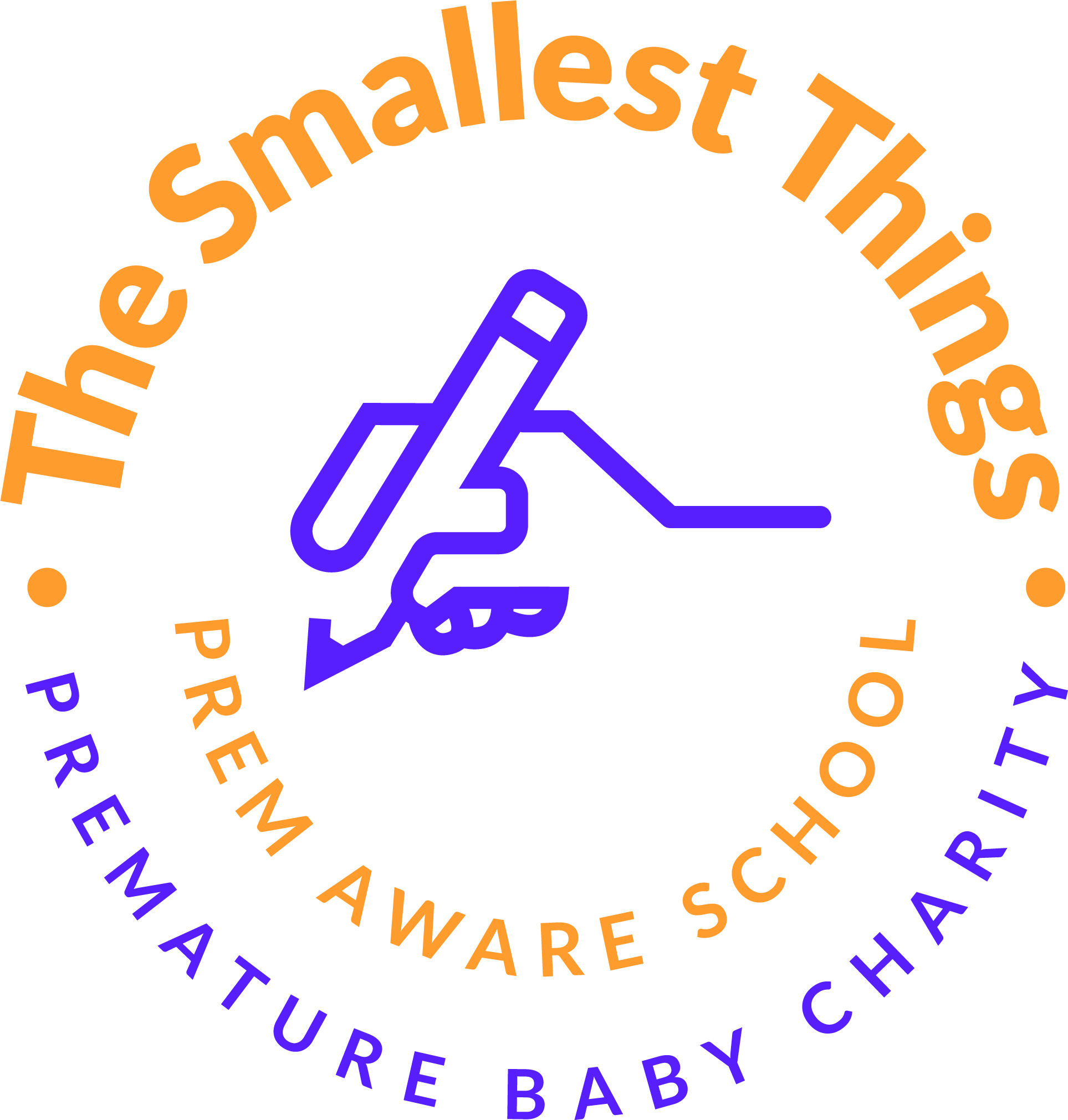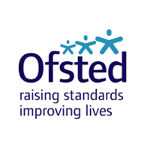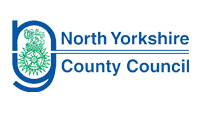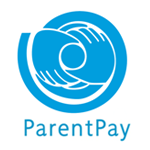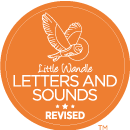Early Years Foundation Stage
Every child deserves the best possible start in life and the support that enables them to fulfil their potential. Children develop quickly in the early years and a child’s experiences between birth and age five have a major impact on their future life chances. A secure, safe and happy childhood is important in its own right. Good parenting and high quality early learning together provide the foundation children need to make the most of their abilities and talents as they grow up. (EYFS framework, 2021)
Intent
At Scotton Lingerfield our curriculum, which follows the guideance in the Statutory framework, has been designed to ensure that it utilises carefully planned adult-directed experiences, child-initiated activities and allows for planning to occur in the moment whereby we can allow the child to lead their own learning in a direction driven by their interest. It includes first-hand experiences and purposeful interactions between adults and children
A child’s first experience at school is extremely important to us and we strive to create an atmosphere that is happy, positive and where challenges can be overcome confidently, or help can be sought. Through our calm, nurturing setting we foster a love of learning and develop enquiring minds through careful questions such as, I wonder…? What if…?
The characteristics of effective learning provide a framework that is used to structure our own reflections on effective learning. We want our children to be motivated to learn and to develop independence, resilience and confidence. We recognize that every child is unique and constantly learning, but children will learn at different rates. We see our environment as the third teacher. We aim to provide a rich, inquisitive environment which sparks natural curiosity and we utilise open-ended resources to foster creativity and deep engagement.
We aim to promote emotional well-being by building positive relationships and working in close partnership with our families and other professionals to support every child to develop and learn.
By the end of Reception year, our intent is to ensure that all children make at least good progress from their starting points and are equipped with the skills and knowledge to allow a smooth transition to Year 1
Implementation
At Scotton Lingerfield school, we ensure prior learning and development is valued and the transition into School is supported. We have developed a comprehensive induction programme and work closely with pupils’ nursery settings and parents/carers. We visit the children in both their nursery setting and their home as well as inviting them into school. This ensures that we have a good understanding of the child before they join us and is the foundation to building positive relationships with the child and their family..
Each half term, EYFS staff introduce planned themes which are led by the use of high quality texts, to inspire learning, whilst providing the flexibility for children to follow their own interests and ideas, encouraging children to explore, create, investigate, rehearse, practise, repeat and discover.
The timetable is carefully structured so that children have directed teaching during the day. The timetable changes throughout the year to take into consideration the changing needs of the children. Our small cohort size means the teacher can systematically check for understanding, identify and respond to misconceptions quickly and provide real-time verbal feedback which results in a strong impact on the acquisition of new learning.
Children are provided with plenty of time to engage in ‘exploration’ throughout the variety of experiences and enabling environments that are carefully planned to engage and challenge them in the provision. The curriculum is planned for the inside and outside classrooms and equal importance is given to learning in both areas.
Effective pedagogy is a mix of different approaches. Children learn through play, by adults modelling, by observing each other and through guided learning and direct teaching. Sometimes, adults make time and space available for children to invent their own play. Sometimes, they join in to sensitively support and extend children’s learning. We place value on uninterrupted play.
We place high value on play and the learning it brings. We firmly believe that play is a tool for learning. Through play, children explore and develop learning experiences, which help them make sense of the world. They practise and build up ideas, learn how to control themselves and understand the need for rules thereby developing emotional resilience and self-regulation. Children have the opportunity to think creatively and problem solve alongside others. They express fears or relive anxious experiences in controlled and safe situations as well as re-enact positive experiences building self-awareness and self-esteem.
Language development is central to self-regulation: children use language to guide their actions and plans. Pretend play gives many opportunities for children to focus their thinking, persist and plan ahead.
Phonics
We follow the Little Wandle Letters and Sounds programme to ensure consistency across the school. In Reception, pupils are introduced to Phase 2 and 3 where they develop grapheme/phoneme correspondence and segmenting and blending skills to decode words. During the Summer term, children move on to Phase 4 and precise support is in place to support those who may need it.
Children are encouraged to read at home and are listened to regularly in school. They are given books that match their phonic knowledge in order for them to apply their learning with the aim of becoming successful, confident and fluent readers.
Mathematics
In Reception, we follow the NCETM mastering number programme which is delivered in daily sessions. High quality learning environments and meaningful interactions with adults, support children in developing mathematical thinking and discussion. Pupils learn through games and tasks using concrete manipulatives and pictorial structures and representations which are then rehearsed applied and recorded within their own child-led exploration.
Impact
The early years curriculum is developed in a way that ensures that everyone is included. Parents are encouraged to be involved in their child’s learning and made to feel a part of the school community, developing excellent relationships from the outset.
Our children develop the ability to manage risks and they enjoy being independent in managing themselves and their learning. This leads to high levels of wellbeing and engagement.
Our curriculum ensures that pupils develop the characteristics of effective learning which helps them through the rest of school and ensures that they are ready for the next stage of their learning. The majority of children leave EYFS having reached the Early Learning Goals.
Assessment
Prior to starting school, staff invest time to get to know as much about pupils as possible. During the children’s first half term, staff assess each child’s development and learning attainment against the criteria set out in Development Matters observation checkpoints. Through observation, we discover the unique personality and interests of each child.
The RBA (Statutory Reception Baseline Assessment)
This assessment focuses on ‘Language, Communication and Literacy’ and ‘Mathematics.’ The purpose of this is to show the progress children make from Reception until the end of Key Stage 2.
NELI (Nutfield Early Language Intervention)
NELI is an evidence-based and language intervention for children who show weakness in their oral language skills and who are at risk of experiencing difficulty with reading. The assessment informs us if the child is at expected levels for their age or requires intervention from trained NELI practitioners.
Ongoing Observation:
We make regular assessments of children’s learning and use this information to ensure future planning reflects individual or group needs. Assessment is about noticing what children can do and what they know. It is not about lots of data and evidence.
Formative assessment in the Foundation Stage is continuous and takes the form of observations, examples of child-initiated work and samples of dated work from books and photographs. The teachers and teaching assistants use Tapestry to make observational records and record examples of work.
We hold termly parents’ meetings to ensure parents/carers are informed of their child’s progress and next steps in learning.


